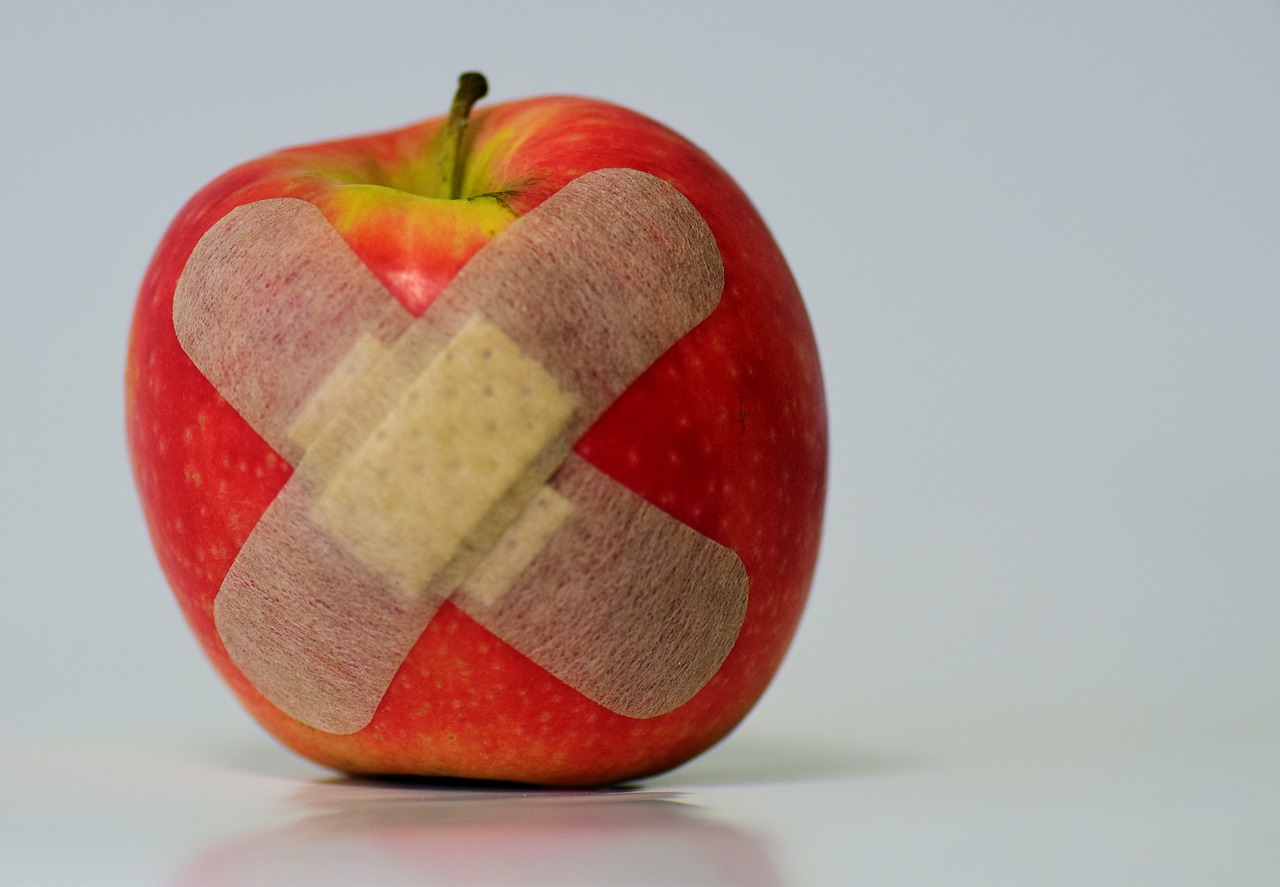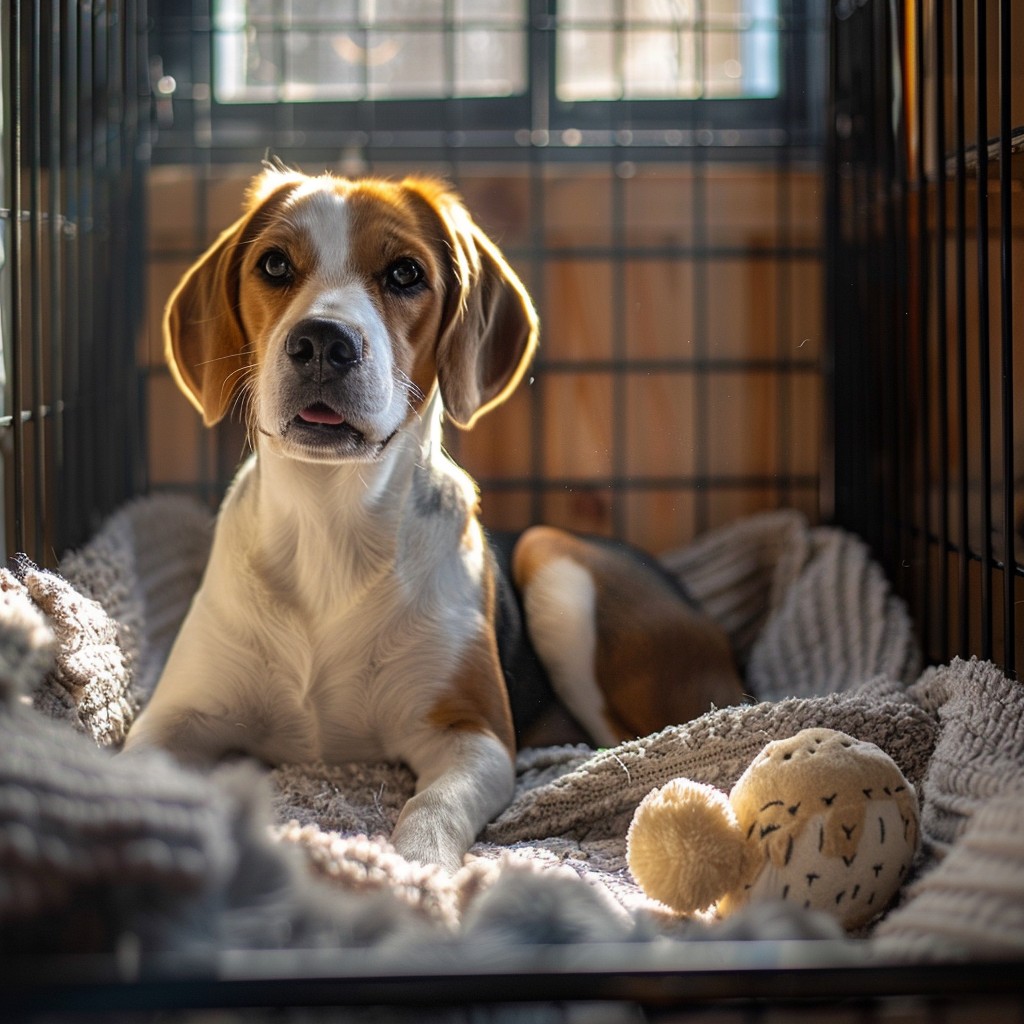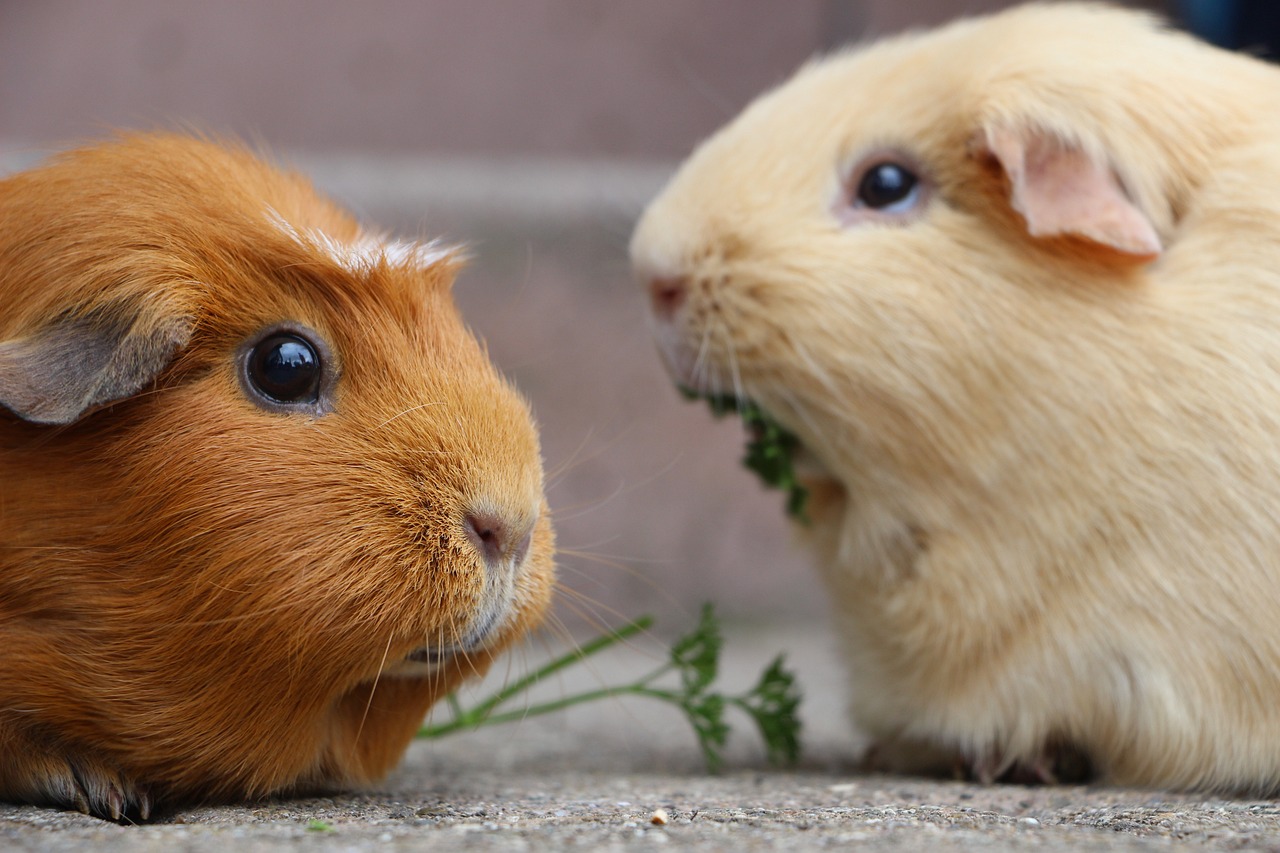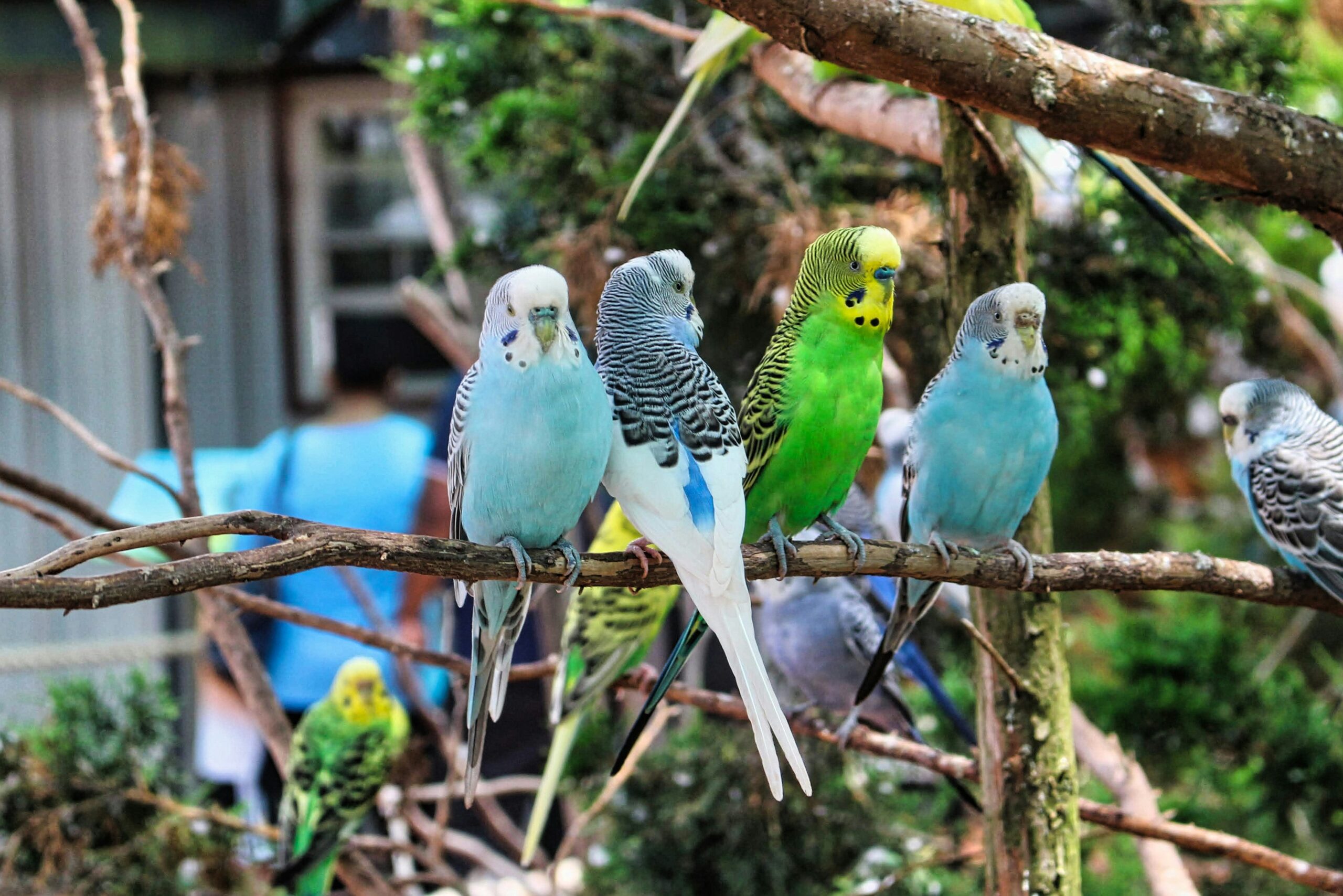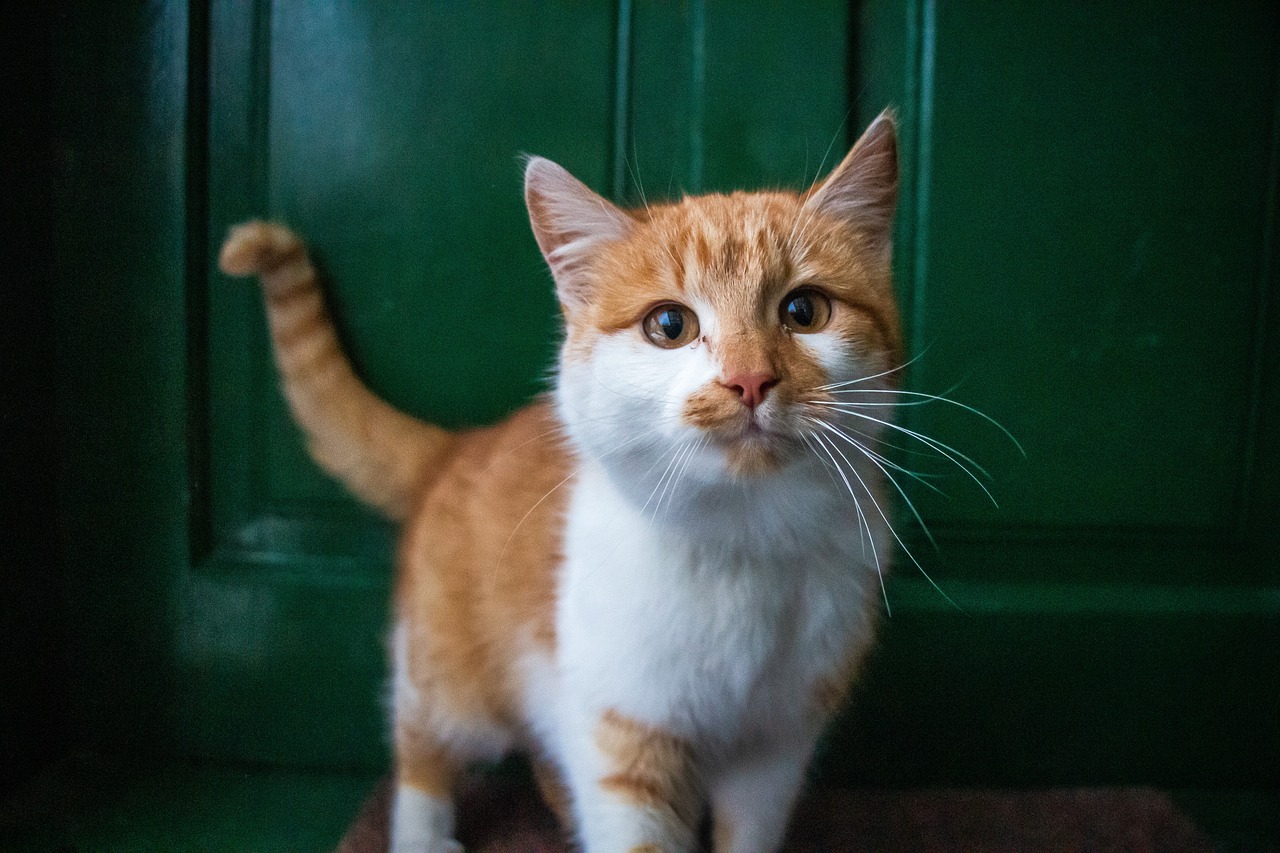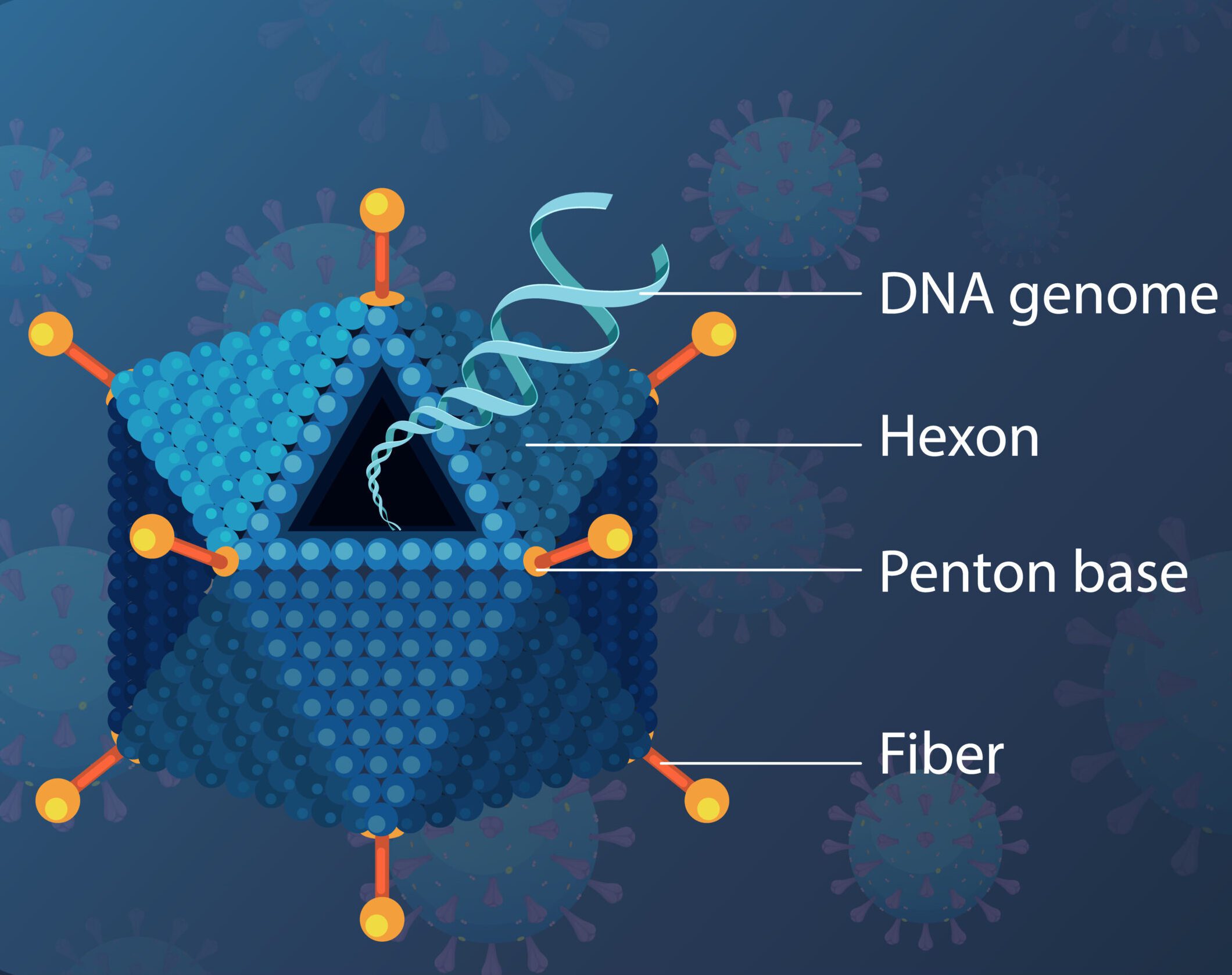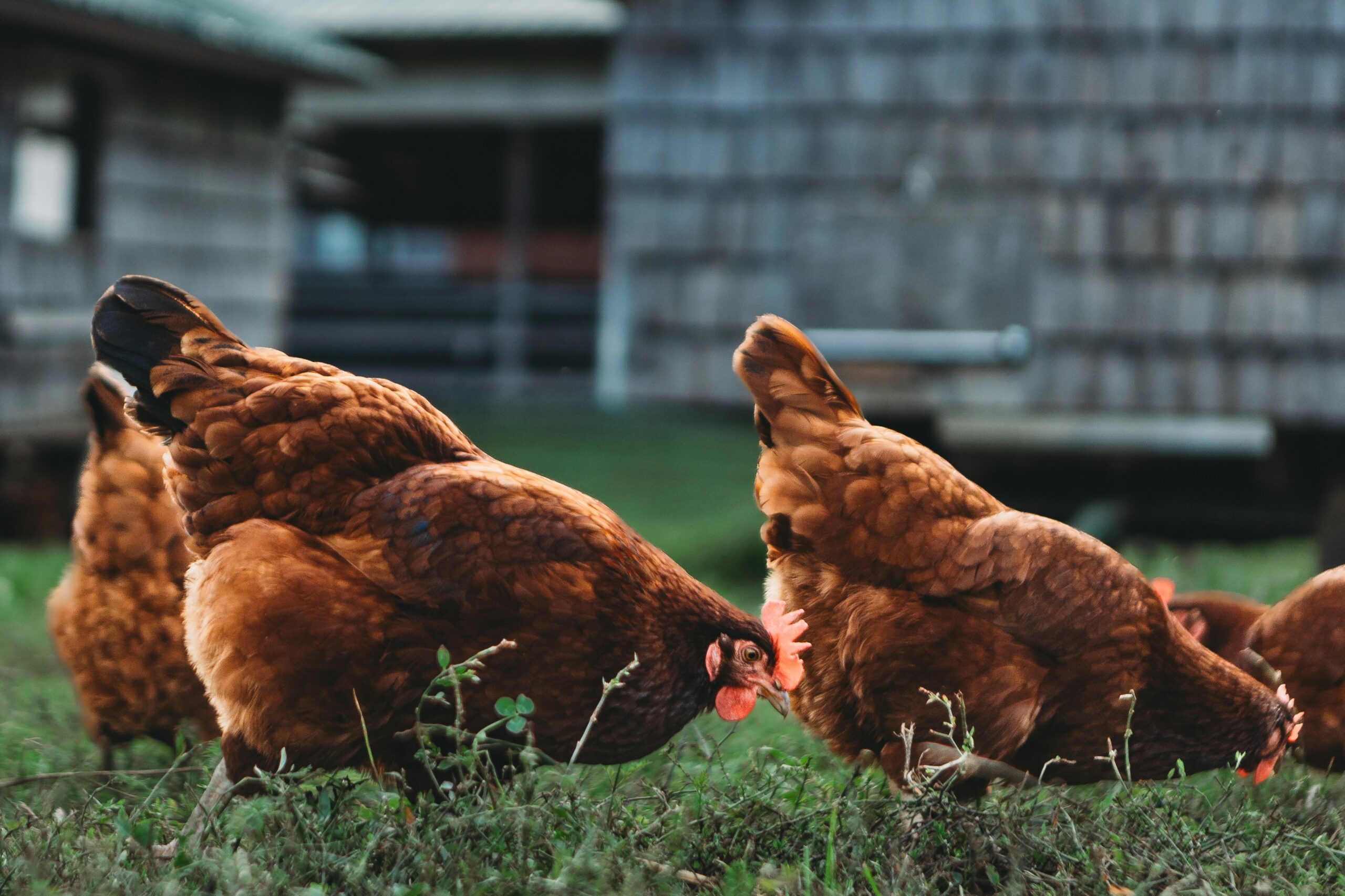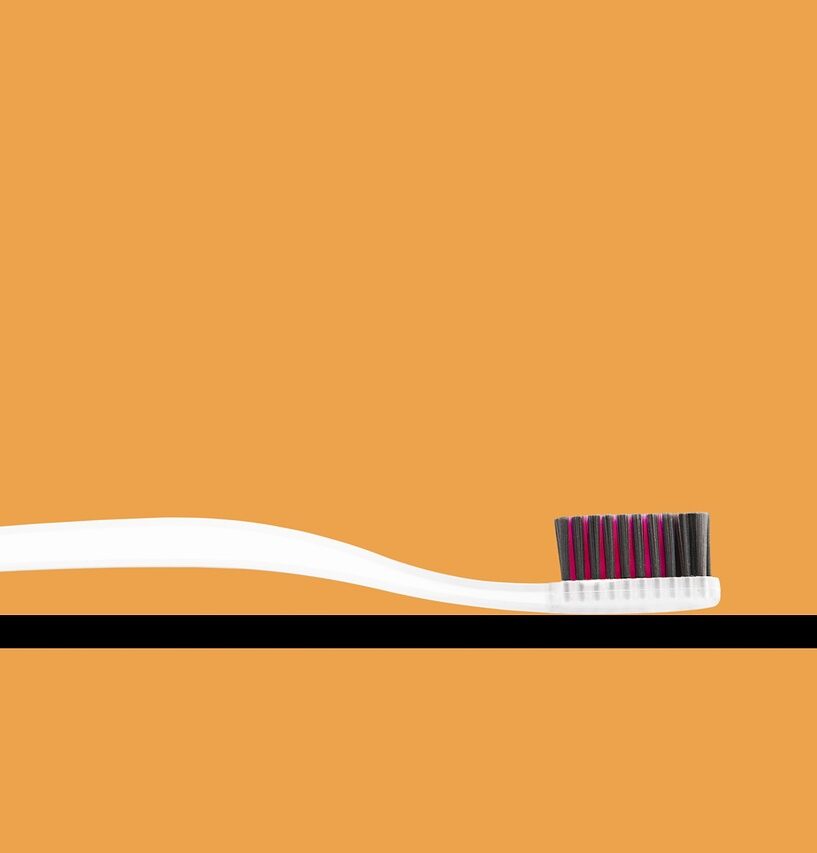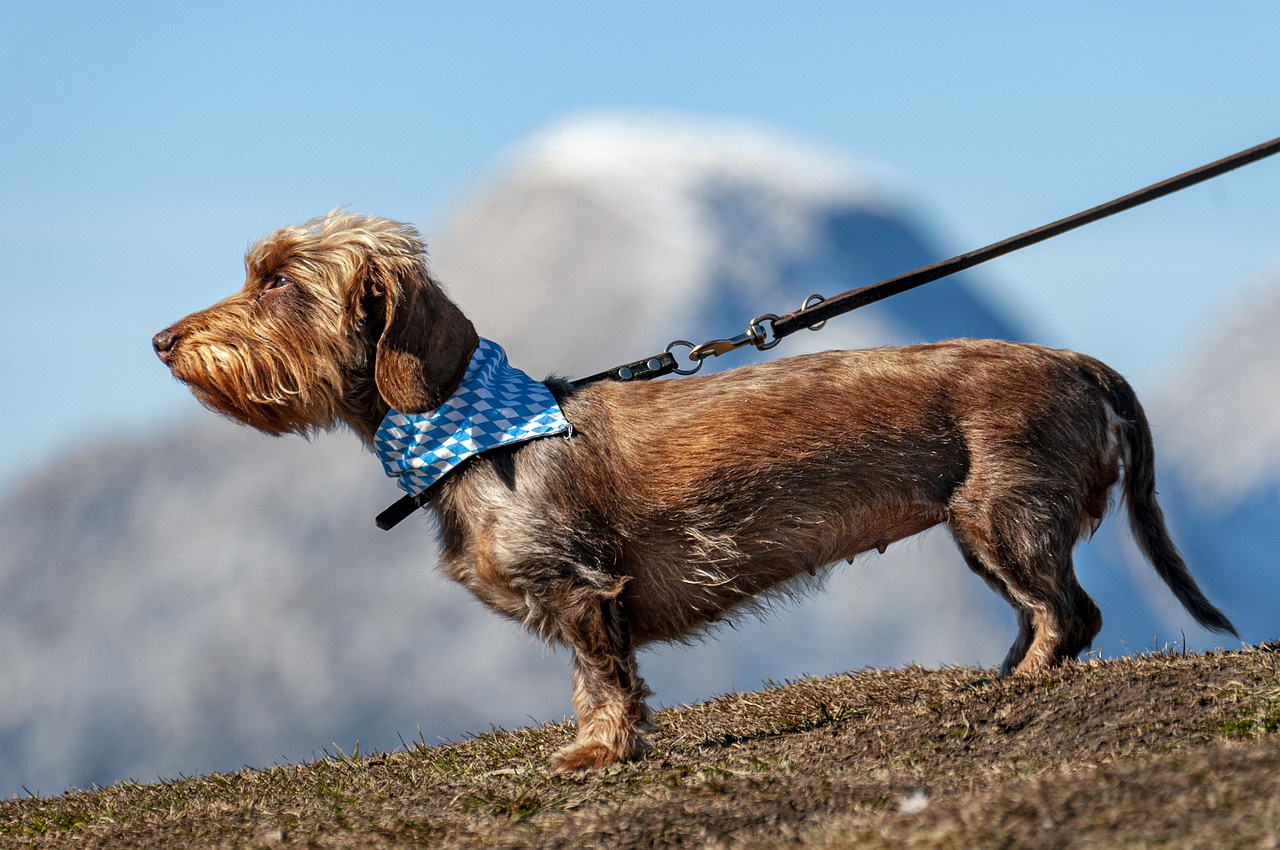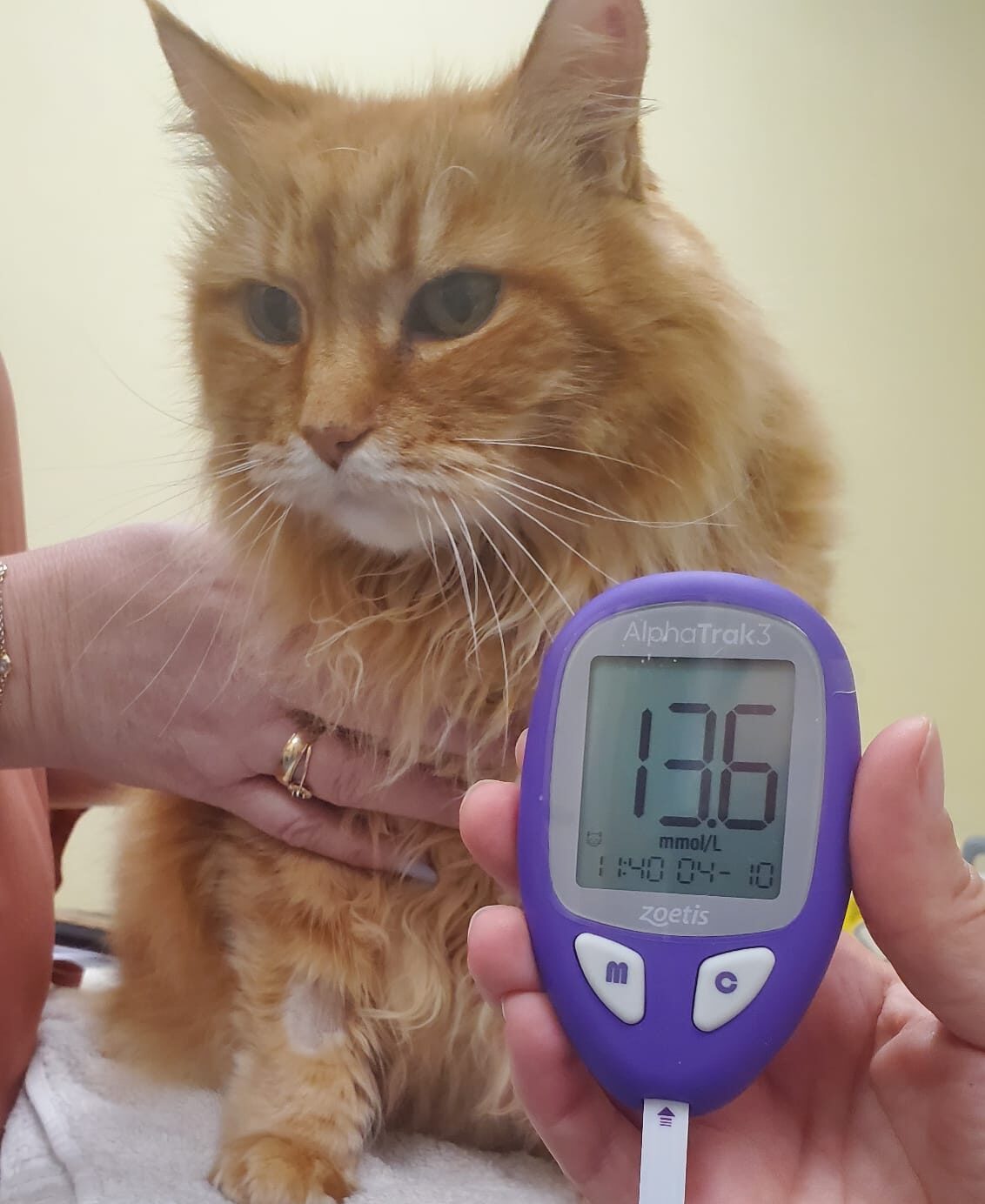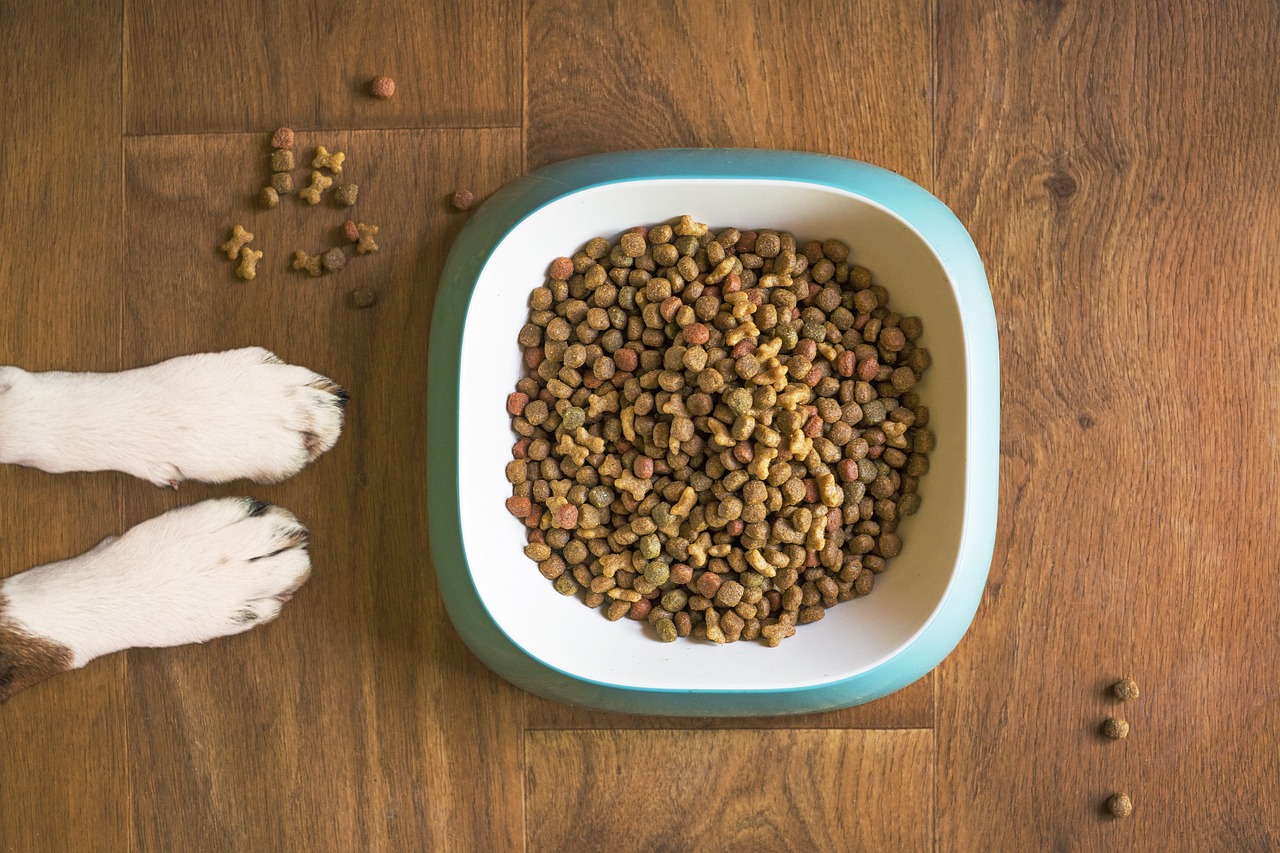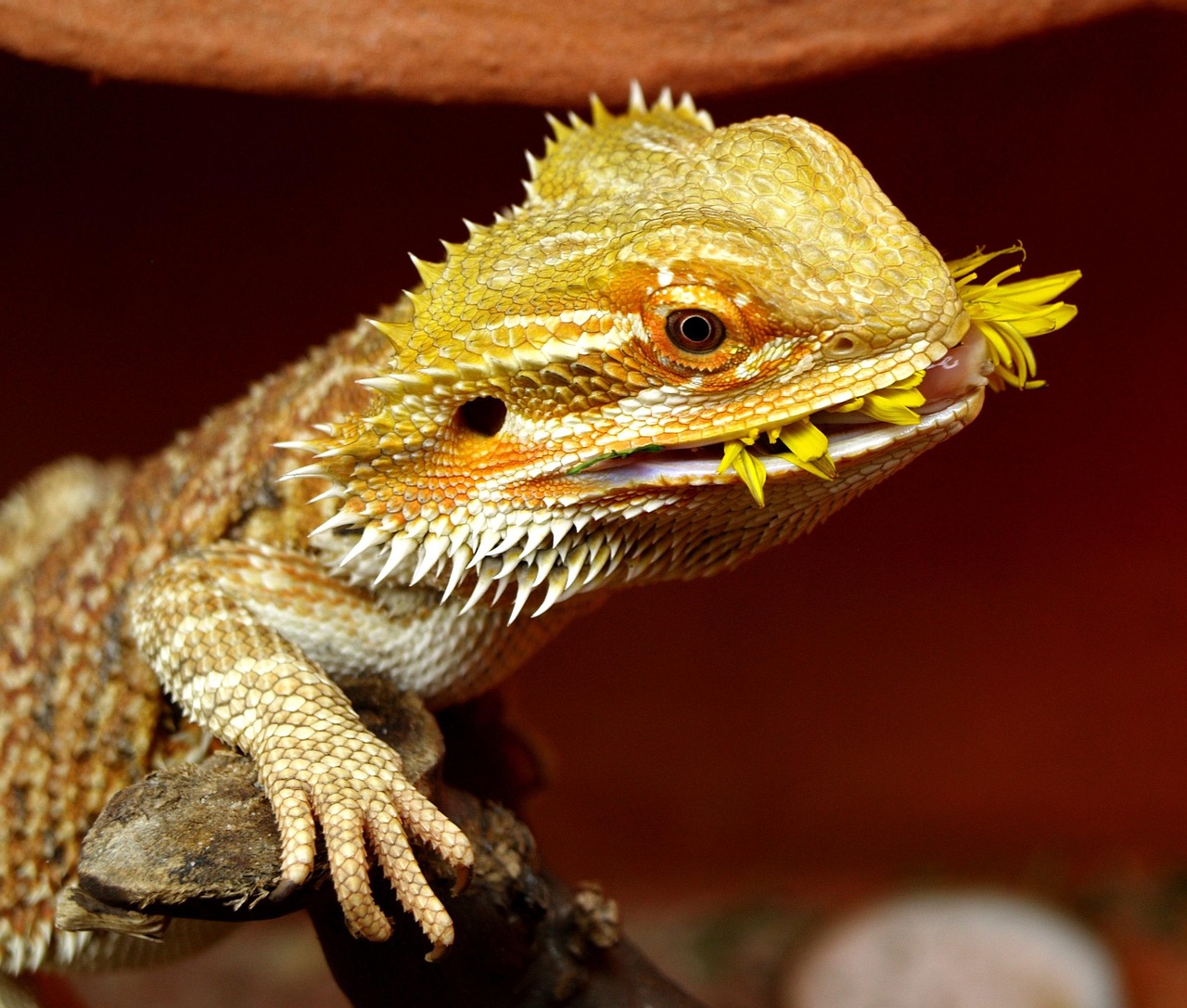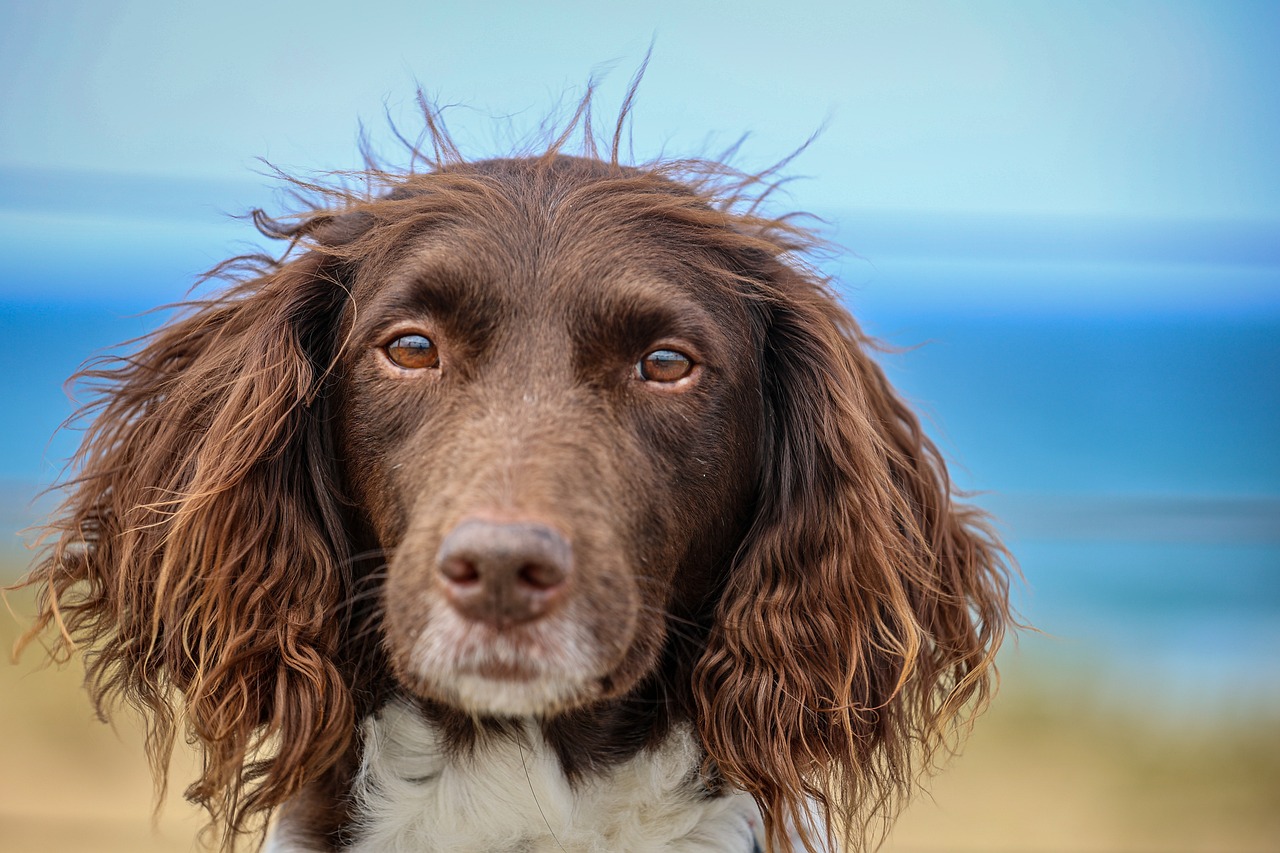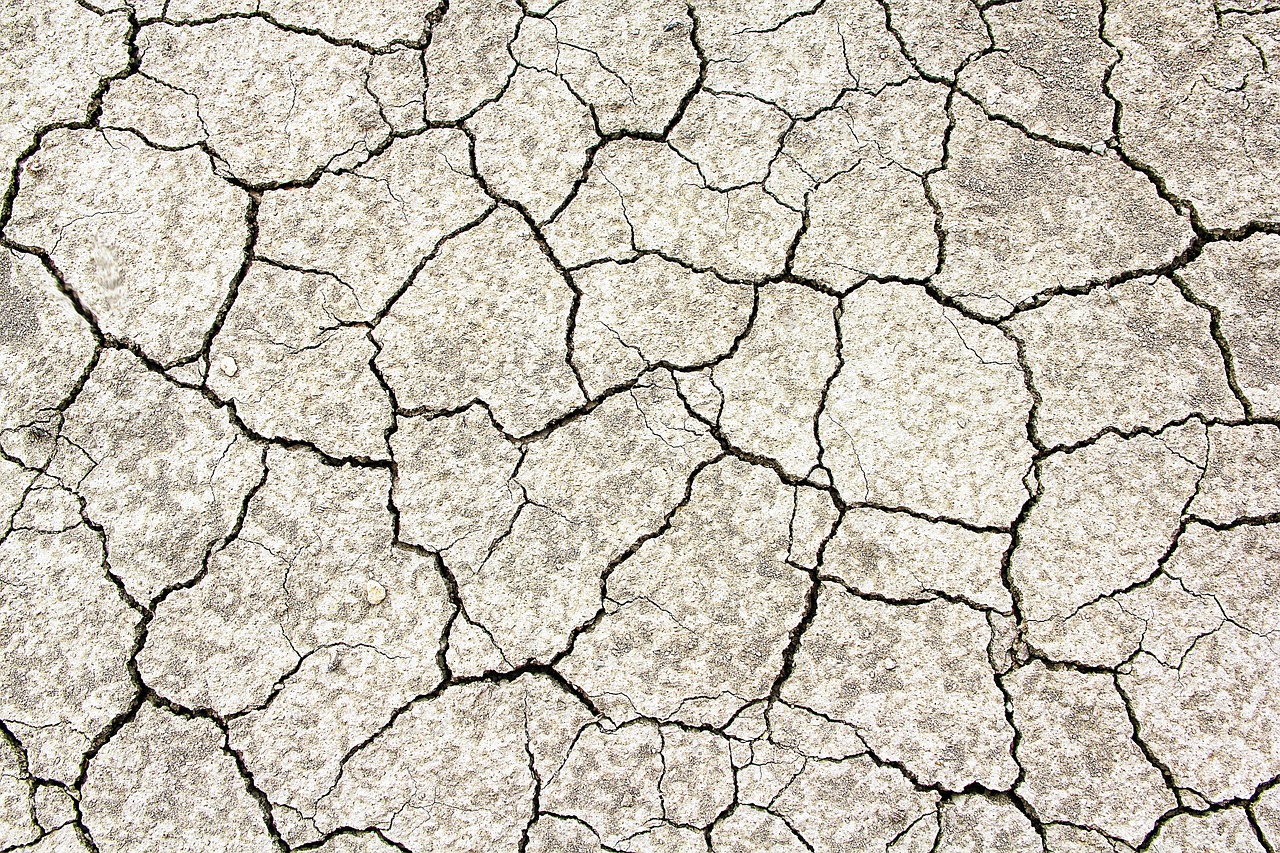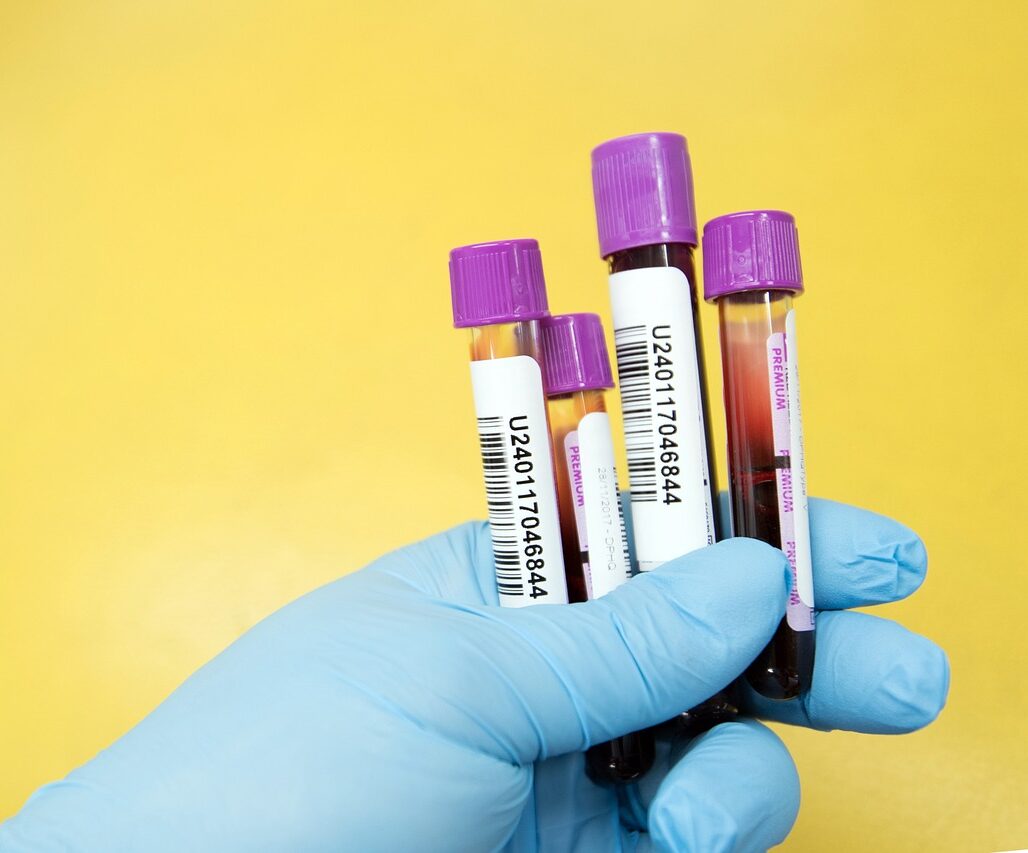Patient Library
Choose a topic or
Search the library
Information about post-operative care from what to expect after a sedation or general anaesthetic, discharge from the clinic and what to prepare at home.
Guinea-pigs are completely herbivorous and need a diet high in Vitamin C. All you need to know about creating the best diet for your guinea-pigs.
Psittaci is a zoonotic organism, meaning that it can be passed between different species -including between animals and humans.
Key things to know and do when keeping cats or ferrets, including tips on diet, exercise, enrichment, microchipping and general health
There are many strains of adenovirus, and the vast majority are adapted for a specific host species so often cause subclinical disease, meaning illness may not be obvious.
C. albicans can be a primary gastrointestinal pathogen, especially in finches, but it is more frequently secondary to another problem.
Pet dental care and oral health are key to keeping them happy and healthy. The right diet, water and enrichment can help, as can daily brushing (species-dependent!)
Pet passport or Animal Health Certificate? It's complicated.
Providing your dog a balanced diet is vital in maintaining its overall health. What should you consider?
Reptiles come in all shapes and sizes and their diets are very specific to the species. It is very important that you correctly identify your species so that you can feed them correctly.


